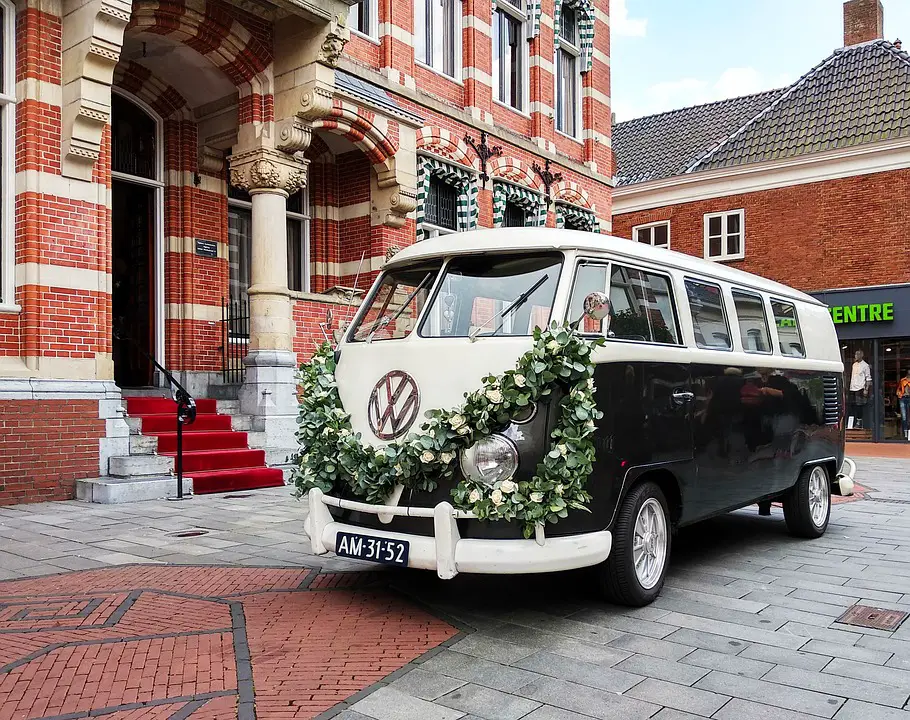Introduction:
Cold weather camping might not be the top choice for many outdoor enthusiasts, but those who dare to embrace the frozen beauty of the wilderness are often rewarded with breathtaking experiences and a unique sense of adventure. Camping in cold weather brings its own set of challenges and considerations, but it also offers unparalleled solitude, stunning landscapes, and a chance to witness nature’s frozen magic in its most pristine form.
Dressing for Success:
One of the key aspects of cold weather camping is proper attire. Layering is essential to trap body heat and insulate yourself against the cold. Start with a moisture-wicking base layer to keep you dry and warm, then add insulating layers such as fleece or down. Invest in high-quality, waterproof outerwear to protect yourself from snow or rain. Don’t forget about your extremities – good quality gloves, warm hats, and insulated boots are a must. It’s better to overdress and remove layers if needed than to be caught unprepared.
Choosing the Right Gear:
Cold weather camping requires specialized gear to ensure safety and comfort. Invest in a four-season tent that is designed to withstand high winds and heavy snow loads. Sleeping bags with temperature ratings suitable for freezing temperatures are a must. Insulated sleeping pads provide an extra layer of insulation between you and the cold ground. Additionally, consider bringing a camping stove that can handle below-freezing temperatures to ensure warm meals and beverages throughout your trip.
Staying Warm and Safe:
Keeping warm in freezing temperatures is critical to enjoy cold weather camping to its fullest. Bring plenty of fire-starting materials and learn how to build a winter campfire. It’s essential to prioritize safety and follow proper fire safety protocols when camping in cold conditions. Additionally, stay hydrated and pack high-calorie, hot meals to fuel your body and maintain energy levels. Make a plan to check weather forecasts regularly and be prepared for unexpected changes in conditions.
Enjoying the Frozen Beauty:
Despite the challenges, cold weather camping offers unique rewards. The frozen landscapes have a serene beauty that is rarely seen in warmer months. Snow-covered mountains, frozen lakes, and icicle-laden trees create a magical atmosphere that is awe-inspiring. Wildlife is often more active in the colder months, and you may have the opportunity to witness rare winter wildlife sightings. Additionally, the lack of crowds and solitude make for a more intimate and immersive camping experience.
Conclusion:
Cold weather camping may not be for everyone, but for those willing to brave the elements, the rewards are numerous. From experiencing the beauty of frozen landscapes to the thrill of a crackling winter campfire, cold weather camping offers a unique adventure like no other. With proper preparation, gear, and a sense of adventure, discovering the magic of winter camping can be an enlightening and unforgettable experience.
FAQs:
Q: Is cold weather camping safe?
A: Cold weather camping can be safe if you come prepared with the right gear, clothing, and knowledge. It’s important to educate yourself about cold weather safety, including proper layering, fire safety, and avoiding hypothermia or frostbite.
Q: How do I stay warm while camping in freezing temperatures?
A: Dressing in layers, using appropriate gear, building a winter campfire, and staying hydrated and well-fed are crucial for staying warm while camping in freezing temperatures. It’s also important to avoid excessive sweating and moisture accumulation.
Q: What are the main challenges of cold weather camping?
A: The main challenges of cold weather camping include staying warm, dealing with potentially harsh weather conditions, ensuring proper food and water supply, and being prepared for unexpected changes in weather or emergencies.




